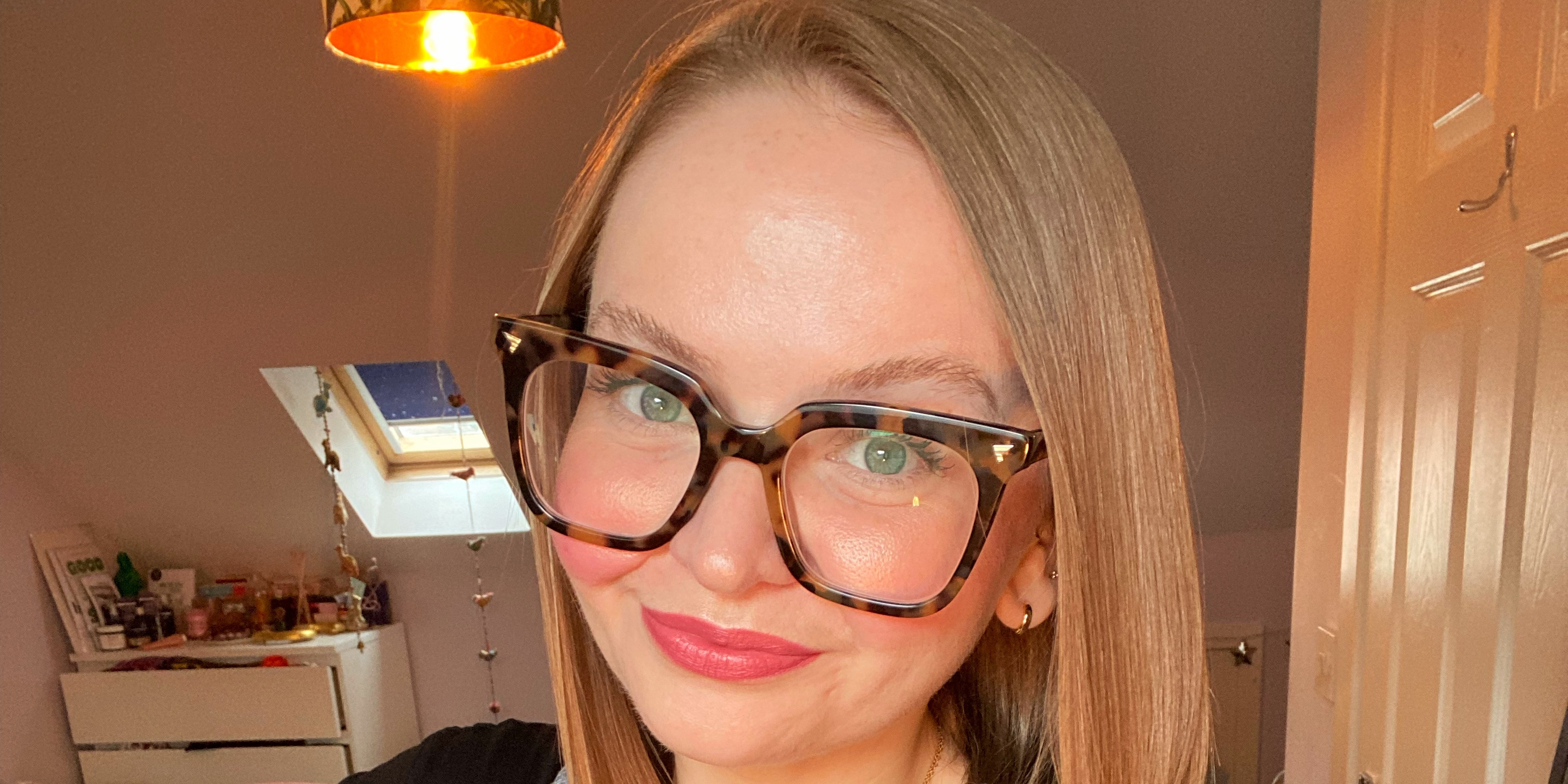
Radiographers from the University of Bradford are calling for projection radiography specialists to complete a survey to help build knowledge of the role.
Funded by the College of Radiographers Industry Partnership Scheme (CoRIPS), the team from the University of Bradford (UoB) are developing a mixed-method evaluation of the perceptions of enhanced and advanced practice by reporting radiographers.
This is because there has been “notable change" in recent years to extended radiographer practice, particularly in projectional radiography, and the evidence base shows “persistent inconsistencies” in role utilisation and responsibilities.
Collaboration and development
While extended radiographer practice has been in existence for more than 20 years in the UK, the publication of several key professional and multi-professional advanced and consultation practice guidance documents, as well as the introduction of the term “enhanced practice”, has brought into question the specific nature of the role.
Building on a project conducted in 2021 by Sophie House, consultant radiographer at the Rotherham NHS Foundation Trust, which explored the reporting radiographer role at the regional level, this latest project aims to explore perceptions of current practice and roles related to enhanced and advanced levels of practice and the four pillars.
Ms House applied for the CoRIPS grant, alongside her co-applicants James Harcus, associate professor in diagnostic radiography at UoB, Helen Watts, lead radiographer for North East and North Cumbria NHS and advanced practitioner at South Tees NHS Trust, and Professor Beverly Snaith, clinical professor of radiography at UoB.
They were “keen to collaborate and develop this project” to explore how current qualified and trainee reporting radiographers perceive their own roles in relation to the four pillars and the levels of practice on a UK-wide scale.
Supporting development of the work
“We want to gain insight into current awareness of, and engagement with, advanced practice frameworks and accreditation processes,” they explained.
The team also hopes to identify potential opportunities and barriers to supporting the development of this workforce, to maximise contribution to patient pathways and service provision, as well as to promote job satisfaction.
This work aims to inform how education is delivered to trainee enhanced and advanced radiography practitioners in image reporting, and to support individuals in their career development, as well as managers with workforce planning.
Survey and interview
UK reporting radiographers currently working, or training, in projectional radiography (X-ray) are encouraged to participate and contribute to this work to ensure that their views are heard.
Project findings and next steps will aim to bolster support for this sector of the diagnostic radiographer workforce, and the profession as a whole.
The online survey will be followed by an interview, and participants can either take part in just the survey, or volunteer for both stages of the process.
Ethics approval has been granted by the Chair of the Humanities, Social and Health Sciences Research Ethics Panel at the University of Bradford on 11/06/2024.
Access the anonymous online survey here.
(Image: Sophie House)
